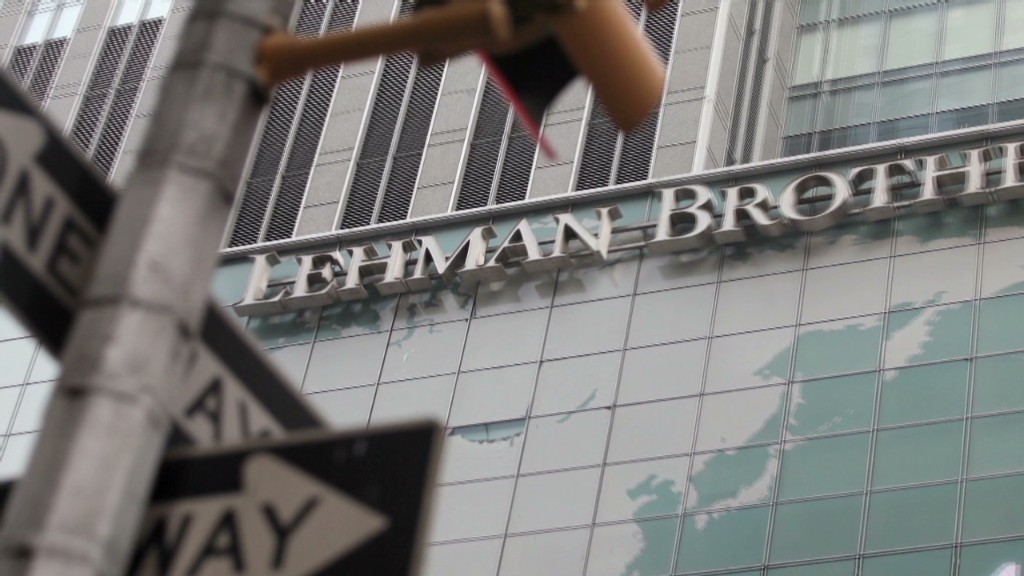
After coming of age during the worst economy since the Great Depression, many members of the Millennial Generation have become wary of the stock market. But by putting their money into so-called "safer" investments, these young people are actually putting their future retirements at a much greater risk.
In a recent Wells Fargo survey of nearly 1,500 adults between the ages of 22 and 32, more than half (52%) said they were "not very" or "not at all" confident in the stock market as a place to invest for retirement.
Of the roughly half of the respondents who said they had begun to save for retirement, 26% said at least three-quarters of their savings was in cash or bonds. Only 32% said they had the majority of their savings in stocks or mutual funds, although 32% of those surveyed admitted they didn't know what they were invested in.
Typically, advisers recommend that young savers like these have 75% to 90% of their portfolio invested in equities.
Related: Don't panic! Selling now could hurt your nest egg
Kevin Goldberg, who is 25, has roughly $40,000 in a savings account that carries an annual percentage yield of 0.1%, earning him less than $100 a year in interest. Each month, he contributes about $1,500 more to the account.
He knows he could probably get a much better return if he invested in stocks, but he is too overwhelmed and scared by the markets.

"Because there is so much info regarding stocks, often conflicting, it may turn off the risk-adverse Millennials, like me," he said in an email.
Sophia Bera, a 29-year-old financial planner and owner of Gen Y Planning, which caters to Millennials, said she has noticed that many of her clients come to her with large cash savings accounts.
Related: Pay off students loans or save: Which comes first?
Despite the stock market's swings in recent years, financial planners insist stocks are still the best bet for retirement, especially for young savers.
Being too conservative could mean the difference of tens of thousands of dollars in retirement savings.
"If you're in all cash, it's like putting it under your mattress," said Jeanne Thompson, vice president of market insights at Fidelity Investments.
Someone who invested $1,000 in stocks at the end of 1982 would have ended up with nearly $22,000 by the end of 2012, more than double the roughly $10,400 he'd have from bonds or the around $3,700 a savings account, according to an exclusive analysis by T. Rowe Price.
Related: The Social Security Mistake that could cost you thousands
That 30-year time period included 1987's Black Monday crash, the tech bust of 2000 and the recent financial crisis.
Keeping money in so-called "safe" investments exposes savers to one other threat: an inability to keep up with inflation in retirement. In order to grow an adequate nest egg without stock investments, experts say savers would have to sock away significantly more each year.
"They seem very safe," said Bill Harris, chief executive officer of Personal Capital, an online platform for investment advice. "But you're actually taking a great deal of risk."

